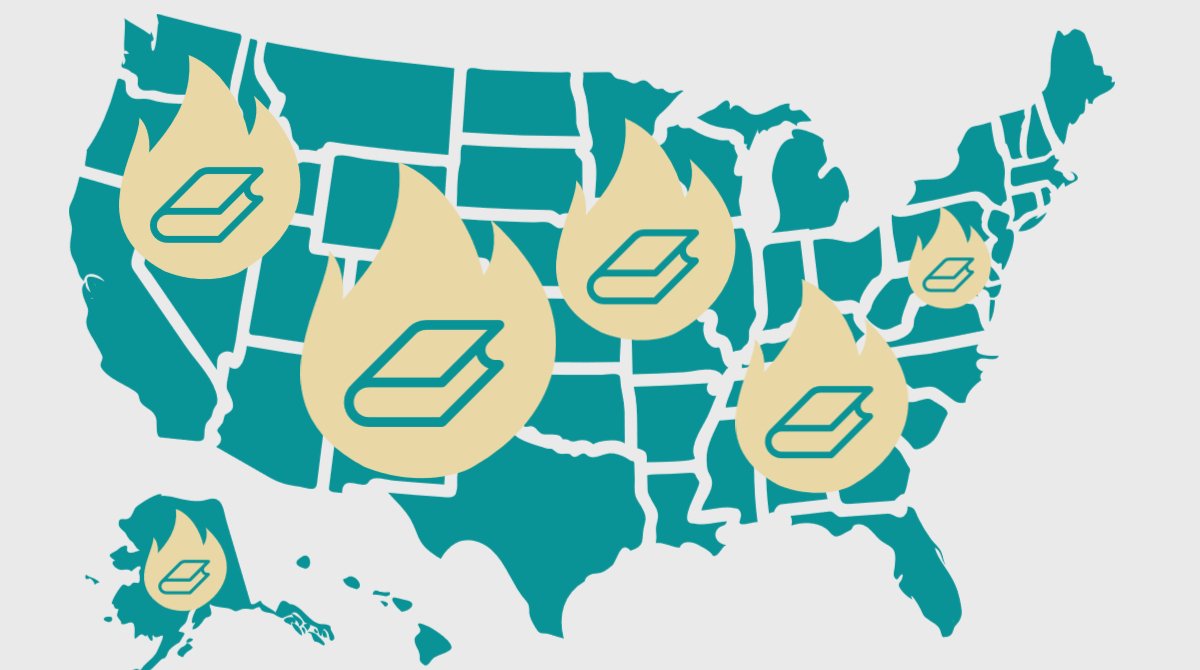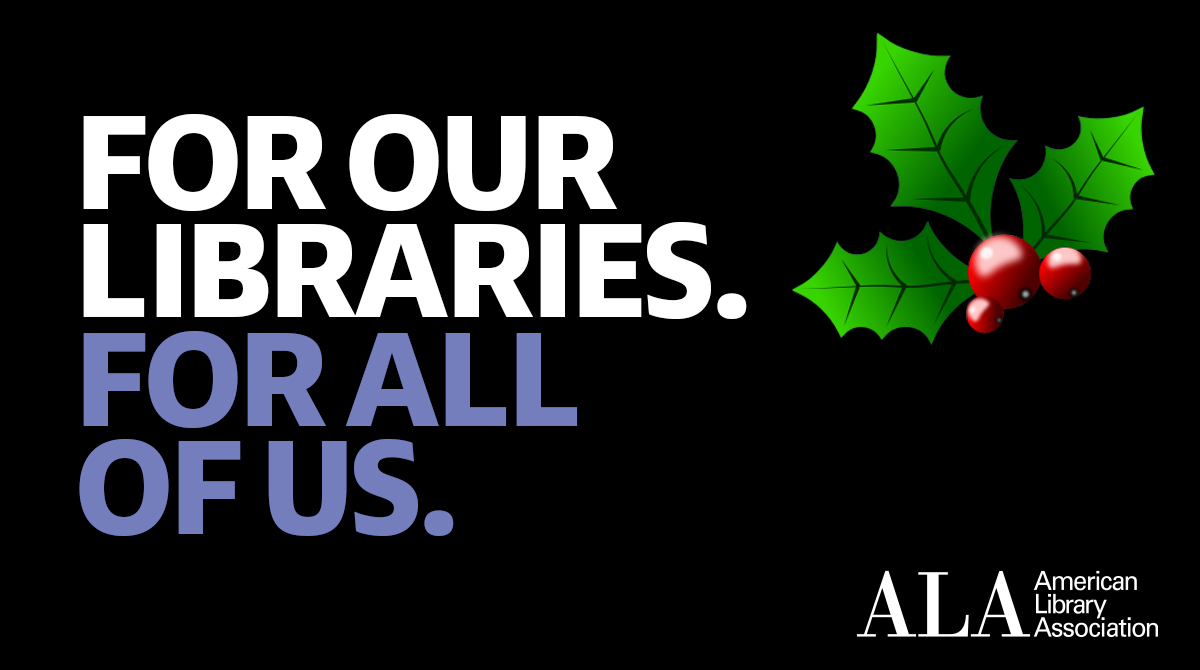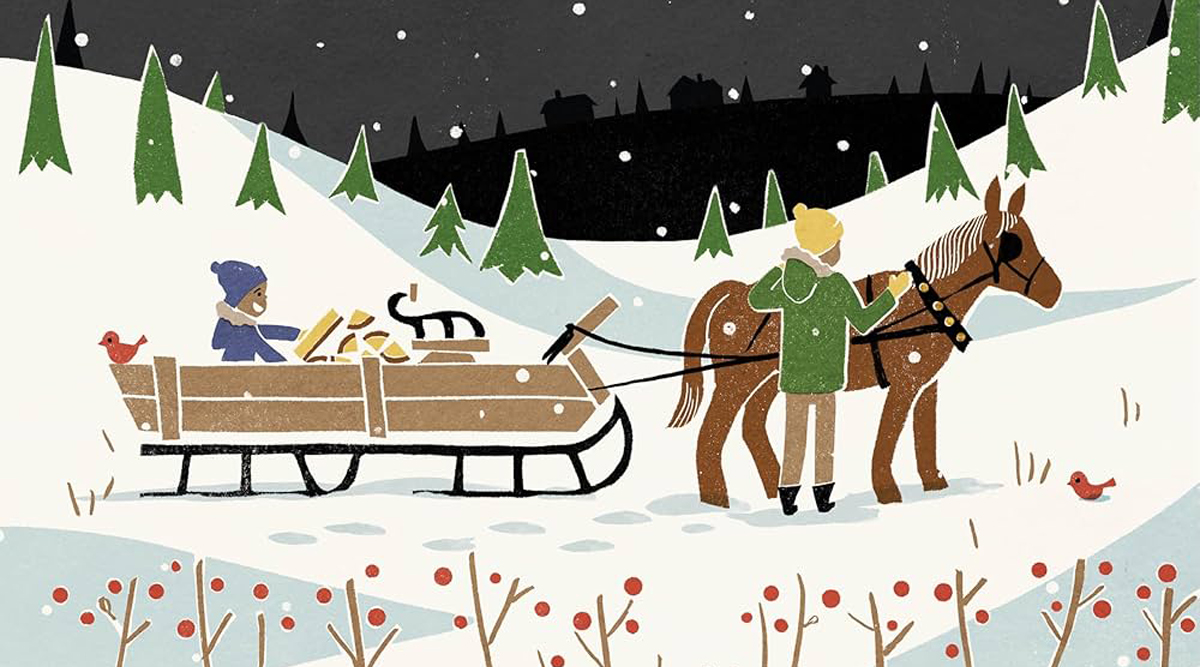Book challenges and bans are increasing in libraries and schools throughout the United States. To help spread the word about these activities and efforts to combat them by librarians, parents, students, politicians, and concerned citizens, I Love Libraries will highlight several stories each week on the current crisis. This roundup includes reports from New York, South Dakota, and Tennessee, as well as a look at children’s book authors who are fighting back. Please share widely.
South Dakota school district delays decision on book destruction
The school board for the Rapid City (S.D.) Area School District has delayed a decision to declare 350 copies of five different books “surplus” and designated them “To Be Destroyed” at their meeting on Tuesday, reports Keloland News. The board’s agenda says the district regularly discards items it sees as unnecessary or not “suitable.” The surplus property list also includes printers and chairs, but the copies of the five books are the only items listed as “To Be Destroyed.” The books in question, some of which have appeared on banned-books lists, are Fun Home: A Family Tragicomic, The Perks of Being a Wallflower, Girl, Woman, Other, How Beautiful We Were, and The Circle.
“The books in question are brand-new books, they are not old or damaged, and they were purchased just last year for senior level-only English language arts classes,” said district English teacher Timmi Bubac at Tuesday’s school board meeting. “They are a part of an English 12 library where our seniors could choose from various titles up to over 30 titles. None of these books in question are mandated or required to be read by all of our seniors.”
The district gave the following statement to Keloland News on Tuesday: “The books are being pulled from the reading list for English 12 classes. The building administrators and the Director of Teaching, Learning, and Innovation agreed on this decision, based on the content of the books. Each year, some used books are either destroyed or sold on palettes.”
Baldwinsville residents speak out regarding book banning in the classroom
On May 2, parents, teachers, and community members in Baldwinsville, New York, came out to defend the right to have students learn from a wide variety of books in the classroom, reports CNY Central. The conversation was spurned by concerns in the lead-up to a school board election later this month.
“The textbook is just one tool used in the classroom, the teachers are a very important part of it and so are the students who have really a lot to say and are really interested in history and learning about the past. Let’s face it, if you take a look at the world today you can see that learning about the past is very important,” said Suzanne Schumacher, who’s been a history teacher for 24 years in Baldwinsville Central School District.
Nashville debuts limited-edition ‘I read banned books’ library card
About a week after a Tennessee lawmaker suggested burning banned books, the Nashville Public Library announced a bold campaign encouraging the exact opposite, reports the Washington Post. This month, Nashville residents can trade in their faded library cards for bright yellow ones with an unapologetic message: “I read banned books.” The card is part of the library’s Freedom to Read campaign. “This campaign is our way of bringing our community together in our shared Freedom to Read, which is essential to sustaining our democracy,” Kent Oliver, Nashville Public Library director, said in a news release.
Children’s book authors are fighting back against censorship and book bans
As the right wing continues its sweeping attempt to ban books and promote censorship, writers, publishers, and free speech activists are stepping up to provide anti-racist and pro-LGBTQIA+ materials to educators and caregivers, reports Truthout.
“Most U.S. teachers have not been trained to discuss white settler colonialism, white supremacy or race,” says Oriel Maria Siu, author of Christopher the Ogre Cologre, It’s Over! and Rebeldita the Fearless, books intended for elementary school readers. Her books, and an accompanying teaching guide, are meant to fill this void. “My books help build communities of resistance through truth telling so that our children are no longer lied to by white Eurocentric curricula,” she says.
How a debut graphic memoir became the most banned book in the country
Maia Kobabe’s book Gender Queer, about coming out as nonbinary, landed the author at the center of a battle over which books belong in schools, and who gets to make that decision, reports the New York Times. “Gender Queer ends up at the center of this because it is a graphic novel, and because it is dealing with sexuality at the time when that’s become taboo,” said Jonathan Friedman, the director of free expression and education at PEN America. “There’s definitely an element of anti-LGBTQ+ backlash.”
Take action
Alarmed by the escalating attempts to censor books? Here are five steps you can take now to protect the freedom to read.
- Follow news and social media in your community and state to keep apprised of organizations working to censor library or school materials.
- Show up for library workers at school or library board meetings and speak as a library advocate and community stakeholder who supports a parent’s right to restrict reading materials for their own child but not for allreaders.
- Help provide a safety net for library professionals as they defend intellectual freedom in their communities by giving to the LeRoy C. Merritt Humanitarian Fund.
- Educate friends, neighbors, and family members about censorship and how it harms communities. Share information from Banned Books Week 2021.
- Join the Unite Against Book Bans movement to learn what you can do to defend the freedom to read in your community.




